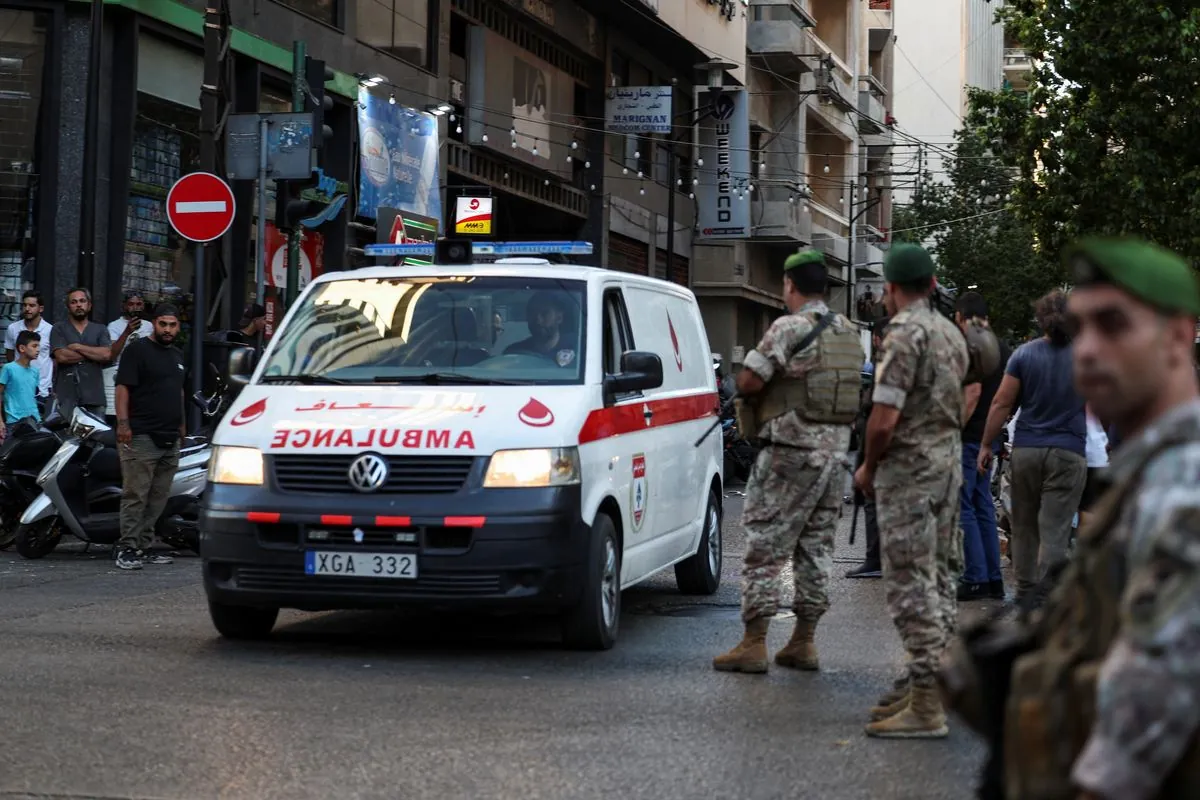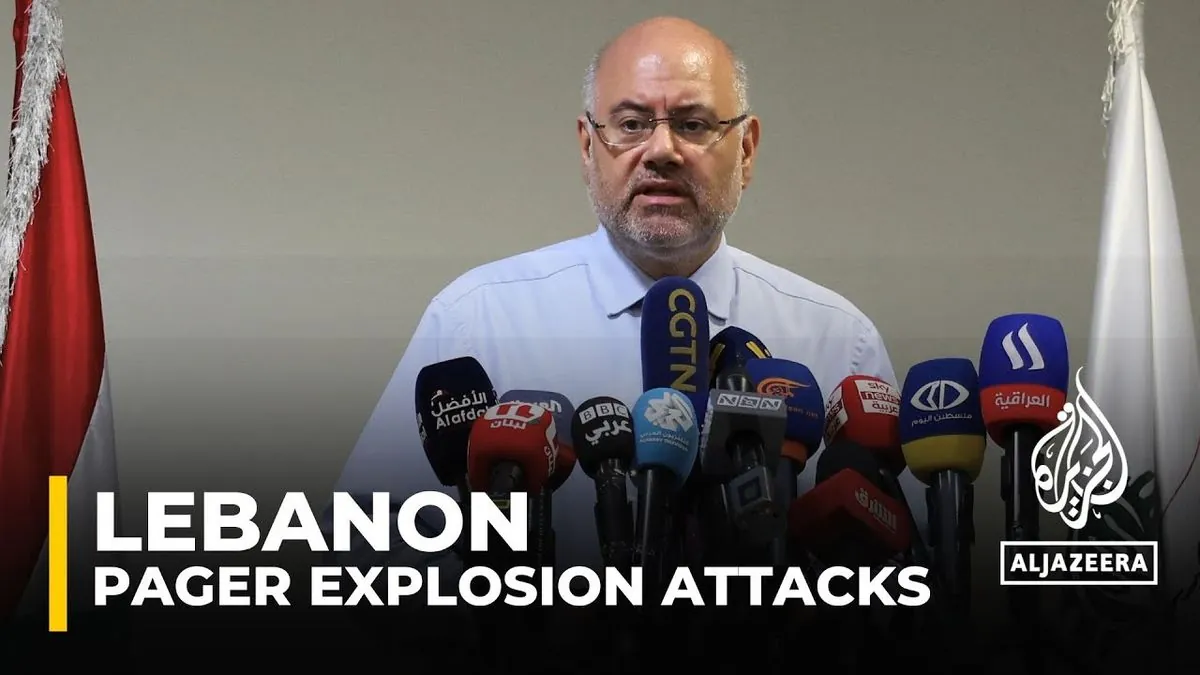Mysterious Pager Explosions Rock Lebanon, Injuring Thousands
Multiple pager detonations across Lebanon's Hezbollah strongholds resulted in casualties and injuries. The incident, involving specific pager models, has sparked investigations and raised questions about potential cyber attacks.

On September 17, 2024, Lebanon experienced an unprecedented series of pager explosions across Hezbollah strongholds, resulting in at least eight fatalities and nearly 3,000 injuries. The incident has raised significant concerns about security and technology vulnerabilities in the region.
The detonations occurred in Hezbollah-controlled areas, including southern Lebanon, the Dahiyeh suburbs of Beirut, and the Bekaa Valley. These areas have been under the group's influence since the 1980s, reflecting the complex political landscape of the country. The explosions began around 3:30 pm local time and continued for approximately an hour, causing widespread panic and confusion.

Eyewitness accounts and security footage revealed that the explosions were triggered when Hezbollah members, including fighters and medics, attempted to check their pagers. The blasts appeared to be localized, primarily affecting individuals in close proximity to the devices. Injuries ranged from facial wounds to missing fingers and severe hip injuries, likely where the pagers were worn.
The pagers involved in the incident were identified as a model manufactured by Gold Apollo, a Taiwan-based company. Hezbollah had recently adopted these devices as a low-tech solution to avoid Israeli tracking, highlighting the ongoing technological cat-and-mouse game between adversaries in the region.
Experts have proposed various theories regarding the cause of the explosions. While some speculated about battery malfunctions, others, like Paul Christensen, an expert in lithium-ion battery safety, expressed skepticism about this explanation. The Lebanese digital rights organization SMEX suggested the possibility of external interference, potentially exploiting device vulnerabilities or even physical tampering.
Lebanon's authorities have labeled the incident as an "Israeli cyber attack," though no evidence has been provided to support this claim. The Israeli military has declined to comment on the matter. This accusation reflects the tense relations between Lebanon and Israel, which have a long history of conflict and mutual suspicion.
The incident has brought attention to Lebanon's complex political and security situation. With a population of approximately 5.5 million, the country has faced numerous challenges, including political instability, economic difficulties, and the presence of armed non-state actors like Hezbollah. The Lebanese Armed Forces, responsible for national security, coexist with Hezbollah's armed wing, creating a unique and often tense security environment.
As investigations continue, this event serves as a stark reminder of the potential vulnerabilities in communication technologies and the evolving nature of cyber warfare. It also underscores the delicate balance of power in Lebanon and the wider Middle East, where technology and conflict often intersect in unexpected and dangerous ways.
"This incident represents an Israeli cyber attack and a clear violation of Lebanon's sovereignty."
The pager explosions have not only caused immediate harm but also raised questions about the future of communication security in conflict zones. As Hezbollah and other groups seek to protect their operations from surveillance, the incident demonstrates the potential risks associated with adopting alternative technologies. The international community will be closely watching the outcome of the investigations, as it could have significant implications for regional stability and cyber security policies worldwide.


































